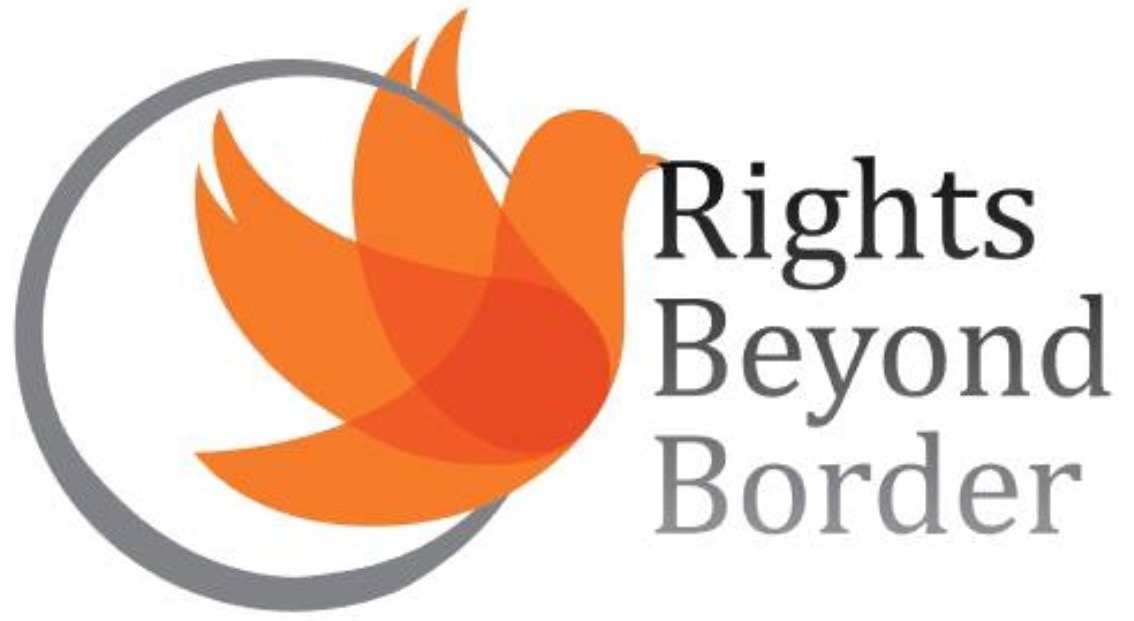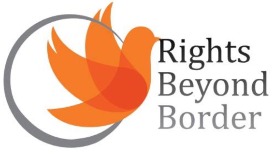
Destination Thailand Visa (DTV)
As of July 15, 2024, the Thai government has confirmed the Destination Thailand Visa (DTV) is now live for those looking to work and travel (“workcation”) in Thailand. The DTV allows holders to stay in Thailand for up to 180 days per entry and is valid for 5 years.. DTV is a cost-effective and convenient Thai visa option. However, as this is a multiple-entry visa, you can leave and re-enter Thailand as many times as you want over the course of its validity.
The following topics will explain what DTV is, its requirements, and the DTV application process.
Destination Thailand Visa Basics
As we’ve covered earlier, the DTV is a visa designed for digital nomads that offers a long-term and flexible stay in Thailand with the freedom to engage in other pursuits while working in the country. To learn more about what the DTV offers, we’ve provided you with an overview below:
- Visa Duration: 5-years
- Visa Type: Multiple entry
- Length of Stay per Entry: 180 days
- Extendable: Yes, once per stay
- Obtainable From: A Royal Thai Embassy/Consulate or online through Thailand’s official e-visa website (cannot apply while in Thailand)
- Minimum Age for Primary Visa Holder: 20 years old
- Option to Include Family: Yes
It is important to note that the DTV is a special kind of tourist visa in Thailand, which means that holders are prohibited from obtaining a Thai work permit and working for companies in Thailand or performing freelance work for Thai clients.
Who is Eligible for the Thailand DTV Visa?
To apply for a DTV, you must fall under one of the following three categories:
Workcation (Digital Nomads, Freelancers, Remote Workers)
As mentioned before, the DTV’s target audience consists of digital nomads, freelancers, and remote workers. This means that if you work remotely for a foreign company or work for yourself as a freelancer, this visa is designed for you.
Though the Thai government has pointed out that “not just anyone” can obtain a DTV as a digital nomad, they did not, as of this writing, specify the minimum income, employer, or social media follower requirements. Still, it is unlikely that you will qualify for the DTV if the Thai authorities do not consider your foreign employer to be “legitimate.”
If you do not work online but want this visa anyway, you can still qualify for the DTV if you plan to engage in “Thai Soft Power” activities. These include:
- Muay Thai courses
- Thai cooking courses
- Sports training
- Medical treatment
- Seminars
- Music festivals
This category exists because these activities enhance the prestige of Thailand’s culture and improve the country’s standing in the international community. However, be aware that for the best chance of approval, the activity or course you join should have a duration of at least than 6 months.
One of the more attractive features of the DTV is that it allows dependents to join primary DTV holders. There is no limit to the number of dependents you can bring to Thailand, but they must either be your legal spouse or dependent children who are younger than 20 years old and unmarried. Each dependent must apply separately and pay a separate visa fee.
If you are going to apply for the DTV
- Passport biodata page or travel document
- Passport-sized photograph (on a white background)
- Proof of current location such as a passport stamp or residence permit
- Proof of payment of the visa fee (varies depending on the consulate; typically 400 to 500 USD)
- Evidence of sufficient financial assets (at least 500,000 THB) which can take the form of:
- 6-month official bank statement (crypto or other investment statements are not accepted)
- Payslips
- Sponsorship letters
- Documents proving the purpose of the visit:
Workcation: Employees:
A Certificate of Employment or Employment Contract. A letter from your employer confirming your remote work status and ongoing salary. Personal tax return and recent payslips (optional but recommended)
Business Owners:
- Cover letter
- A Certificate of Incorporation
- Corporate tax return
- Freelancers
- A professional portfolio or evidence of freelance work (such as invoices, screenshots of profiles on platforms like Fiverr, LinkedIn, or personal websites).
Extending the Destination Thailand Visa
Once you have your DTV visa, you can stay in Thailand for 180 days. You can extend your stay in Thailand for another 180 days without having to leave and return. To process this extension, you must go to the Immigration Department in Bangkok with the necessary documents and pay the DTV extension fee (1,900 THB).

